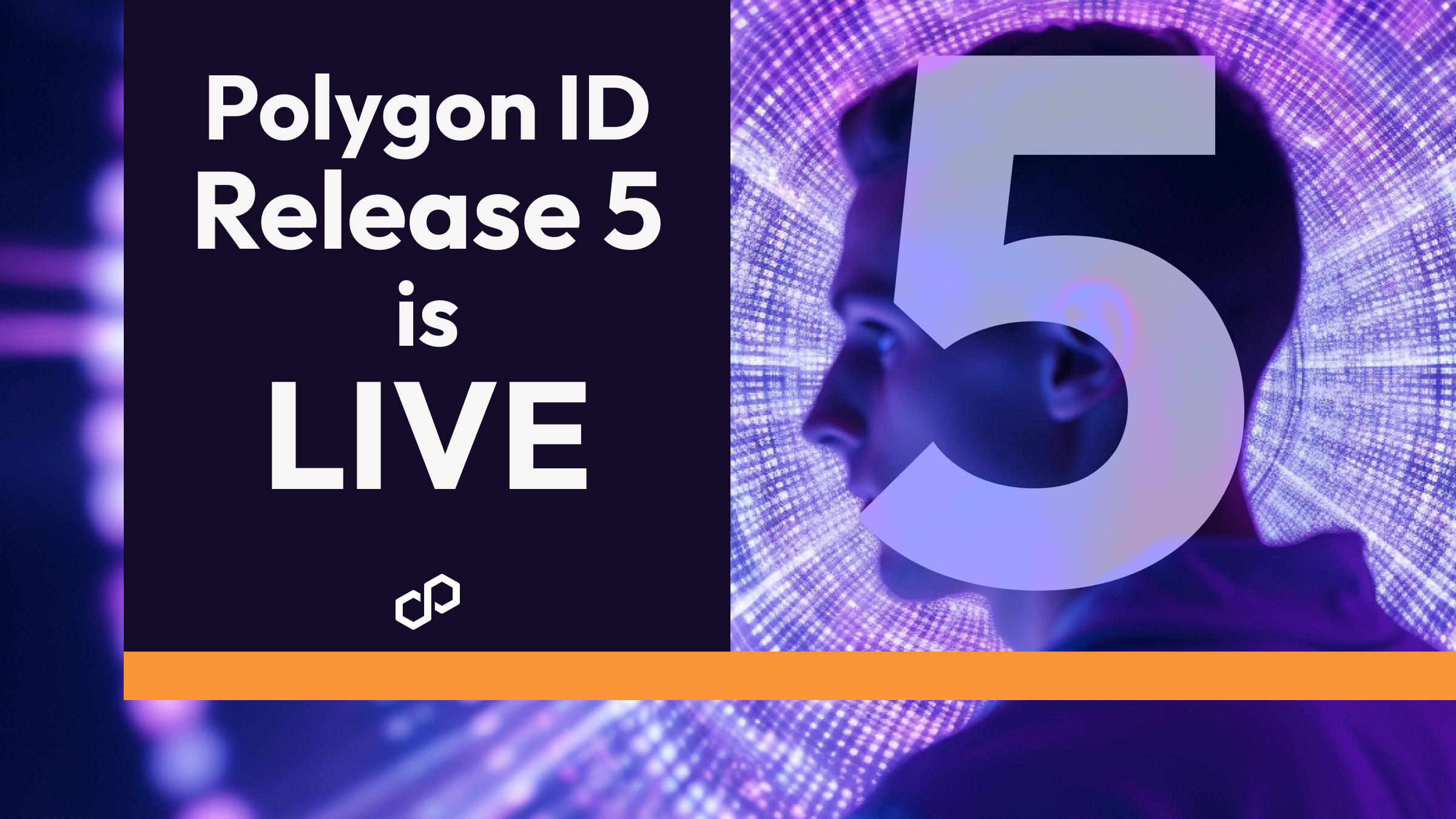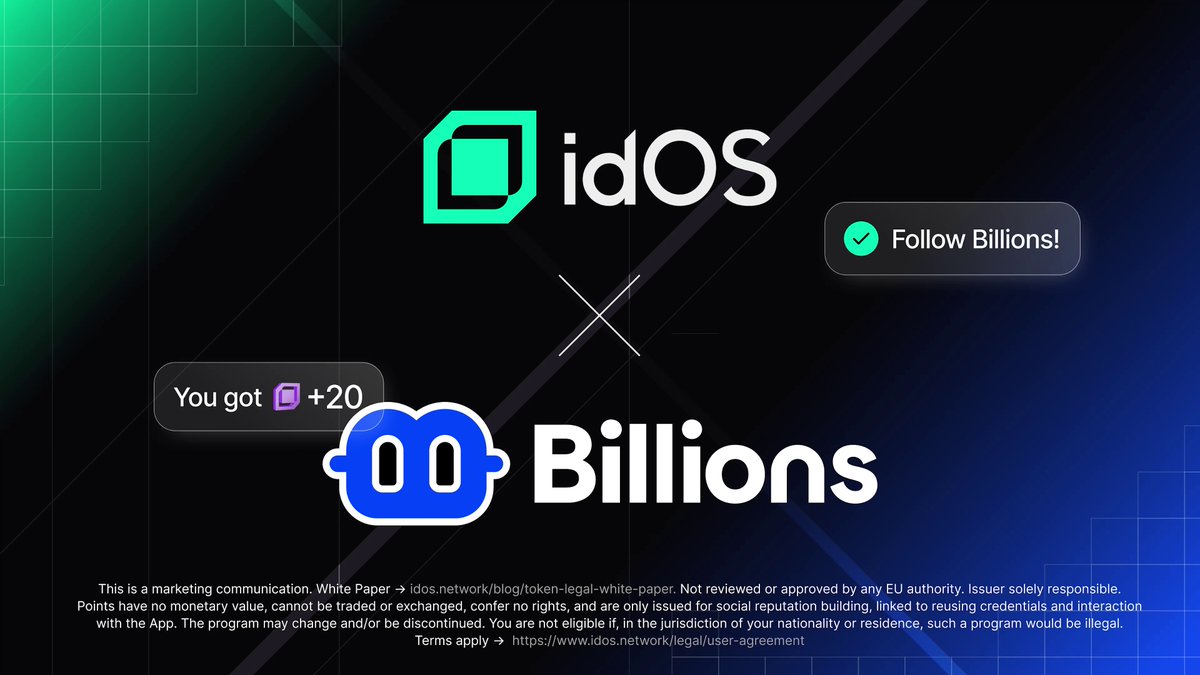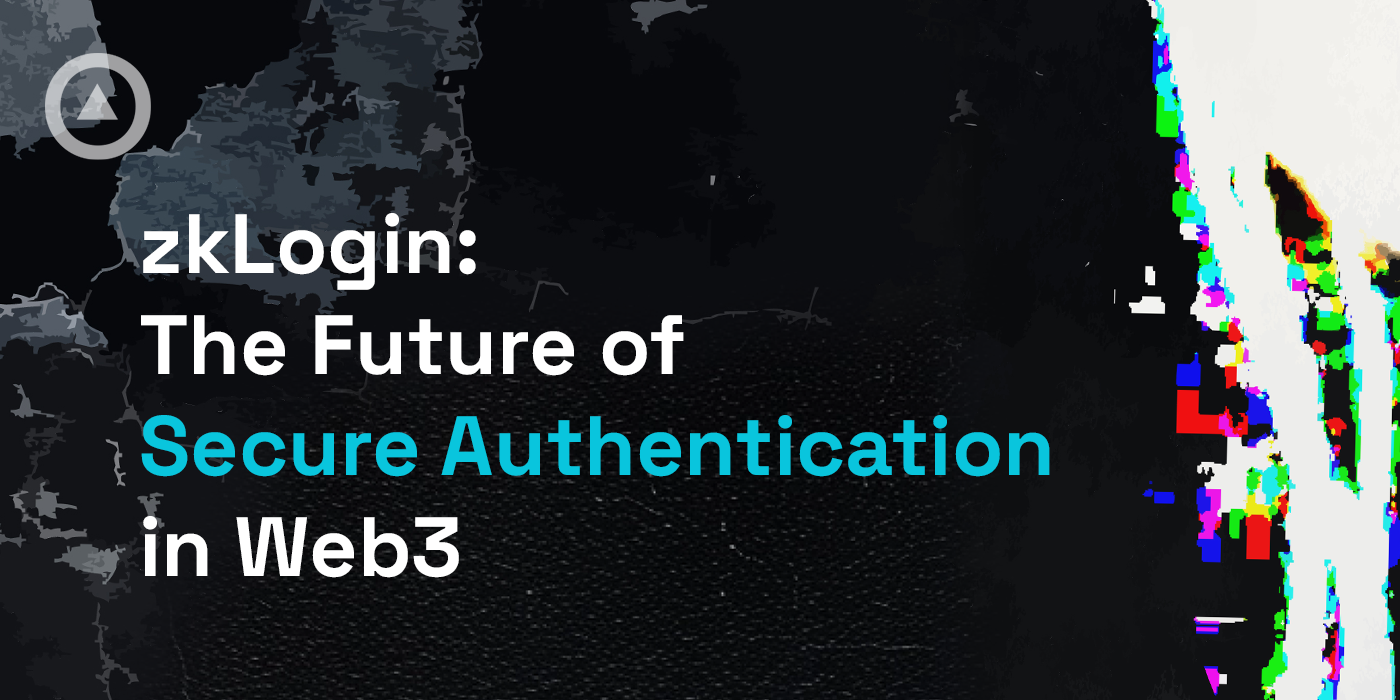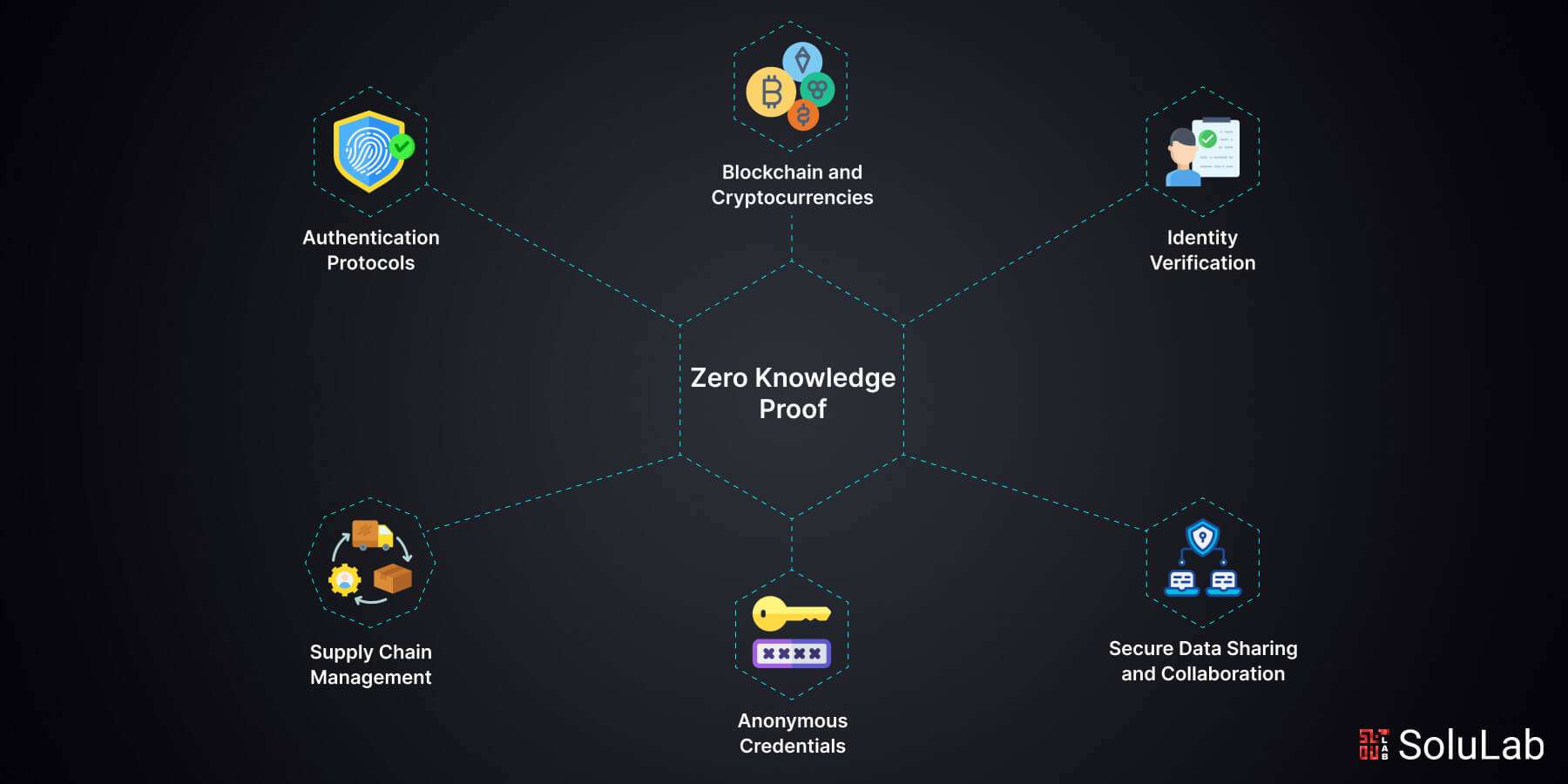
In the rapidly evolving landscape of digital identity, safeguarding privacy is no longer a theoretical concern but a foundational requirement. The proliferation of decentralized identity wallets, powered by advanced cryptographic techniques such as zero-knowledge proofs (ZKPs), has set a new standard for privacy-preserving authentication and data protection. These wallets enable users to verify attributes about themselves without exposing sensitive personal information, redefining what it means to have control over one’s digital self.

Understanding Zero-Knowledge Proofs in Digital Identity
Zero-knowledge proofs are cryptographic protocols that allow one party (the prover) to demonstrate to another party (the verifier) that a given statement is true, without revealing any information beyond the validity of the statement itself. In the context of decentralized identity wallets, this technology is transformative. Instead of sharing entire documents or data sets, users can prove facts such as age eligibility or residency through succinct cryptographic statements.
This approach directly addresses long-standing concerns around data minimization and compliance with global privacy regulations. By ensuring only the necessary information is disclosed for verification purposes, ZKPs greatly reduce the risk surface associated with data breaches and identity theft. As described in recent research from Dock Labs and TokenMinds, ZKPs empower individuals to maintain ownership and control over their digital identities while still participating in online services that require proof of credentials.
Selective Disclosure: Minimizing Data Exposure
The principle of selective disclosure lies at the heart of ZKP-powered identity systems. Rather than submitting full identification documents or sensitive details, users can cryptographically prove specific attributes, such as being over 18 years old, without revealing their exact birthdate or any other extraneous information.
This granular control not only enhances user privacy but also aligns with regulatory frameworks focused on data minimization. For example, under GDPR and similar policies worldwide, organizations are required to collect and process only the minimum amount of personal data necessary for a given purpose. ZKPs make this possible by design, offering compliance benefits alongside technical innovation.
The impact is profound: users retain sovereignty over their information while service providers can trust credential verifications without ever handling raw personal data. This paradigm shift is increasingly recognized as essential for the next generation of secure digital interactions.
Non-Interactive Zero-Knowledge Proofs: Efficiency at Scale
A significant advancement within this field is the development of non-interactive zero-knowledge proofs (NIZKPs). Unlike traditional interactive proofs that require back-and-forth communication between prover and verifier, NIZKPs allow for verification without direct interaction, ideal for decentralized or asynchronous environments where real-time communication may not be feasible.
NIZKPs underpin many modern self-sovereign identity solutions by enabling efficient credential presentations across distributed networks. This not only improves scalability but also reduces latency and potential attack vectors associated with prolonged exchanges. As highlighted by recent studies on zk technology DID wallets, non-interactive protocols are pivotal in delivering practical privacy solutions at scale.
The adoption of these technologies is accelerating across both public and private sectors. Platforms such as Polygon ID leverage ZKPs to provide self-sovereign ID capabilities; zkLogin integrates existing OpenID accounts into blockchain authentication using zero-knowledge methods; zkKYC enables regulatory compliance in DeFi without compromising user anonymity. These real-world implementations demonstrate how zero-knowledge proofs in identity wallets are moving from research labs into everyday applications.
As the ecosystem matures, interoperability and user experience are coming to the forefront. Decentralized identity wallets utilizing ZKPs are now designed to seamlessly interface with a variety of platforms, from financial services to healthcare and government applications. This cross-domain flexibility is essential for mainstream adoption, ensuring that users can leverage privacy-preserving credentials wherever digital verification is required.
Importantly, the integration of zero-knowledge technology within decentralized identity frameworks is not just about privacy in isolation. It also enhances security by eliminating the need for centralized storage of personal data, which has historically been a magnet for breaches and misuse. By keeping sensitive information under the user’s control, and only ever sharing cryptographic proofs, these wallets dramatically reduce the attack surface for malicious actors.
Challenges and Future Directions
Despite their promise, ZKP-powered identity solutions face ongoing challenges. The computational complexity of generating and verifying proofs can create performance bottlenecks, particularly on resource-constrained devices or networks. Advances in cryptographic engineering are steadily reducing these barriers, but usability and accessibility remain critical design considerations.
Another concern is standardization. As new protocols emerge, ensuring compatibility between different wallet providers and verifiers will be essential for frictionless user experiences. Ongoing efforts by industry consortia and open-source projects are addressing these issues by developing interoperable frameworks and reference implementations.
Real-World ZKP Digital Identity Wallet Use Cases
-

Polygon ID in Financial Services: Polygon ID leverages zero-knowledge proofs to enable users to verify their eligibility for financial products (such as age or residency) without exposing sensitive personal data, streamlining KYC processes while preserving privacy.
-

zkKYC for Privacy-Preserving Compliance: zkKYC offers a zero-knowledge proof-based approach for Know Your Customer (KYC) checks in decentralized finance (DeFi). Users can prove regulatory compliance to platforms without revealing their full identity, reducing risks of data breaches.
-

zkLogin for Secure Healthcare Access: zkLogin enables patients to authenticate into healthcare portals using existing OpenID accounts combined with zero-knowledge proofs. This approach allows verification of credentials (such as insurance status) without exposing personal medical information.
-

Polygon ID in Online Voting: Polygon ID is used in pilot online voting systems to let citizens prove eligibility (such as citizenship or age) without disclosing their full identity, ensuring both voter privacy and election integrity.
The regulatory landscape also continues to evolve. While zero-knowledge proofs offer strong compliance benefits around data minimization, legal frameworks worldwide must adapt to recognize these new forms of cryptographic evidence as valid substitutes for traditional documentation. Collaboration between technologists, policymakers, and privacy advocates will be vital as adoption accelerates.
Empowering Self-Sovereign Identity
The convergence of self-sovereign identity principles with zero-knowledge proof technology represents a paradigm shift in digital trust architecture. Users no longer need to rely on centralized authorities or intermediaries to vouch for their credentials; instead, they become the sole custodians of their digital identities. This shift not only empowers individuals but also creates new opportunities for organizations seeking streamlined onboarding processes without compromising on privacy or regulatory compliance.
For those seeking deeper technical insights or practical guidance on deploying these solutions, our comprehensive resources on zero-knowledge self-sovereign identity provide step-by-step explanations tailored to both developers and end-users.
The Road Ahead
The trajectory is clear: zero-knowledge proofs in identity wallets are redefining what it means to prove who we are online while maintaining control over our most sensitive information. As implementation hurdles are overcome and standards mature, expect ZKP-backed digital identities to become not merely an option but a baseline expectation across industries.
By embracing this technology today, whether as an individual seeking greater privacy or as an organization aiming for secure compliance, you contribute directly to a more resilient, equitable digital future built on trustless verification rather than blind faith in central authorities.






